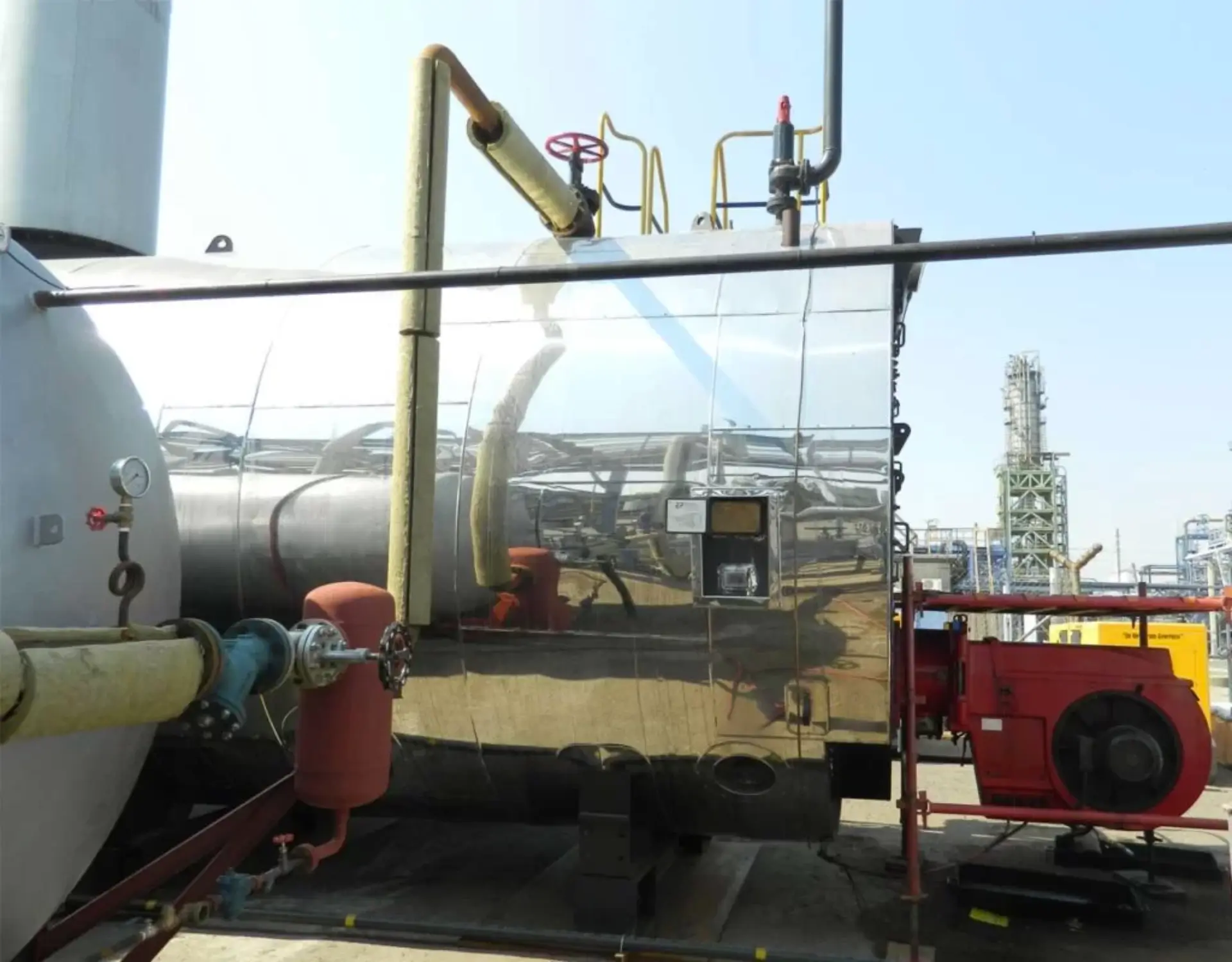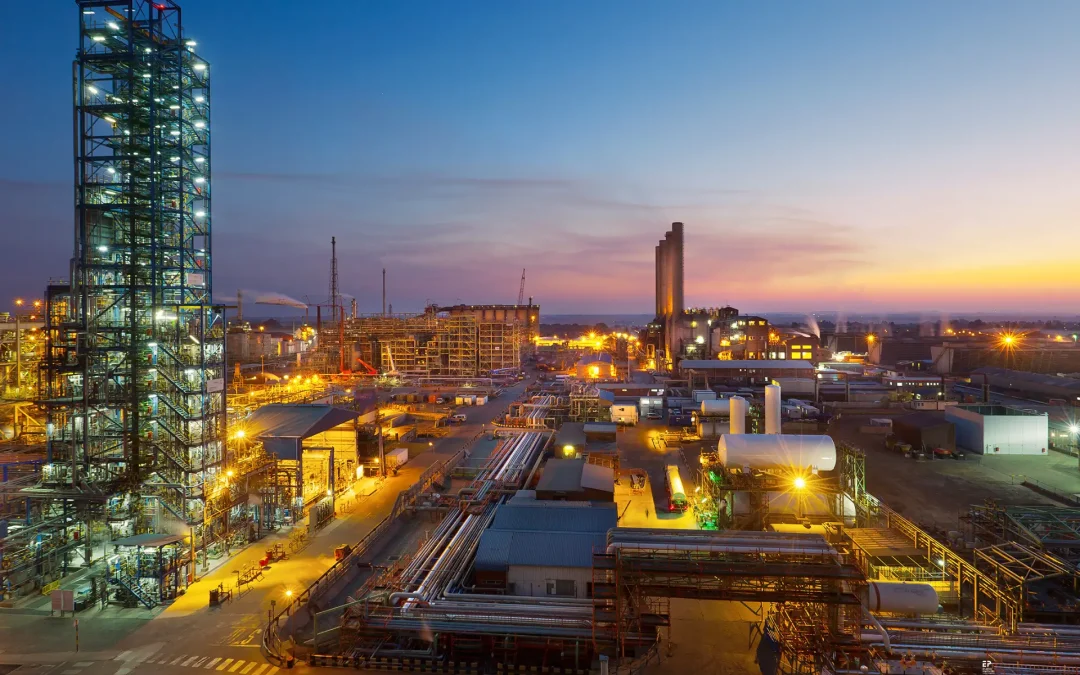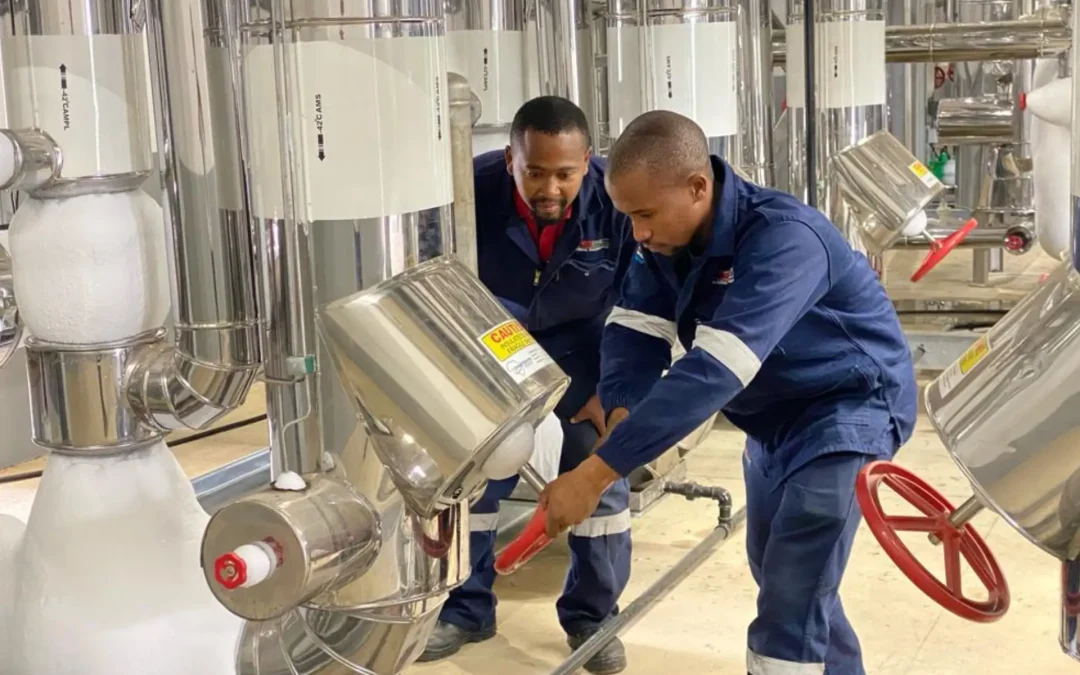Businesses that rely heavily on boilers are occasionally confronted with a situation where they are forced to operate at reduced capacity. Whether the company is undergoing large-scale maintenance on its boiler systems, or a system breakdown occurs, they face the very real risk of operations grinding to a halt when the boilers stop.
In instances such as this, the option of boiler hire can be an indispensable tool to help maintain production, making it important for business owners to understand exactly what to expect and how to utilise this service.
This is according to Jonathan Probert, CEO of EP Dryden – a division of Energy Partners and part of the PSG group – who says that while boiler systems tend to be robust and reliable, there have been numerous cases where businesses have not had enough standby capacity available, and an emergency boiler energy solution is required.
“In the last year, we have been called upon to provide temporary capacity for two large operations. The first was for an explosives factory that unexpectedly lost one of their boiler units, while the other was to provide a temporary solution for a refinery during the planned shutdown of their entire boiler system. ”
Probert notes that, while an emergency boiler energy solution – such as the one at the explosives factory – could be rolled out relatively quickly for the commercial and industry sector, the refinery’s solution required a slightly longer lead time. “Temporarily replacing a single regular boiler unit can be accomplished in a matter of days. In the case of the refinery, however, four large boilers were required, together with water treatment, fuel supply and control systems, which took a few months to roll out and commission on site.
“Nevertheless, it takes an experienced service provider that complies with all relevant quality, safety and installation regulations to deliver either solution within these time frames,” says Probert.
He adds that, even as temporary boiler energy solutions such as these have been available in the market for some time, it is still a seemingly underutilised resource among boiler system owners. “We are still seeing too many facilities overlooking the option of boiler hire during system-shutdowns. Rather than accepting significant downtime costs when they are faced with reduced capacity, they could just as easily get a capable service provider on board, who can ensure that their steam supply endures minimal disruption.”
While hiring a temporary boiler solution may increase operational costs to some degree, Probert believes this should be considered against the potential losses in production caused by systems when out of commission. “For temporary solutions, we tend to make use of oil-fired boilers because they can be deployed on site within three to 14 days. This does raise the cost of operations (about four-times higher than the production cost of coal-fired systems) but these solutions are usually only required for a month or two, until the company can recover its own system. We’ve also had one or two occasions where clients needed coal-fired systems – but these require additional time to plan and commission.”
With the typical boiler hire contract lasting between one and six months, he points out that better rates can be negotiated on longer hire periods if needed. “From the point of view of the service provider, there is no limit to how long a business can hire boiler units. This only depends on whether it is commercially viable for the business in question.”
In closing, Probert says that it’s important for commercial and industry business owners to keep boiler hire in mind as an available resource for any operation in need of capacity. “Especially in the current harsh economic landscape, businesses cannot afford to lose valuable production time simply due to problems with their steam production,” he concludes.





